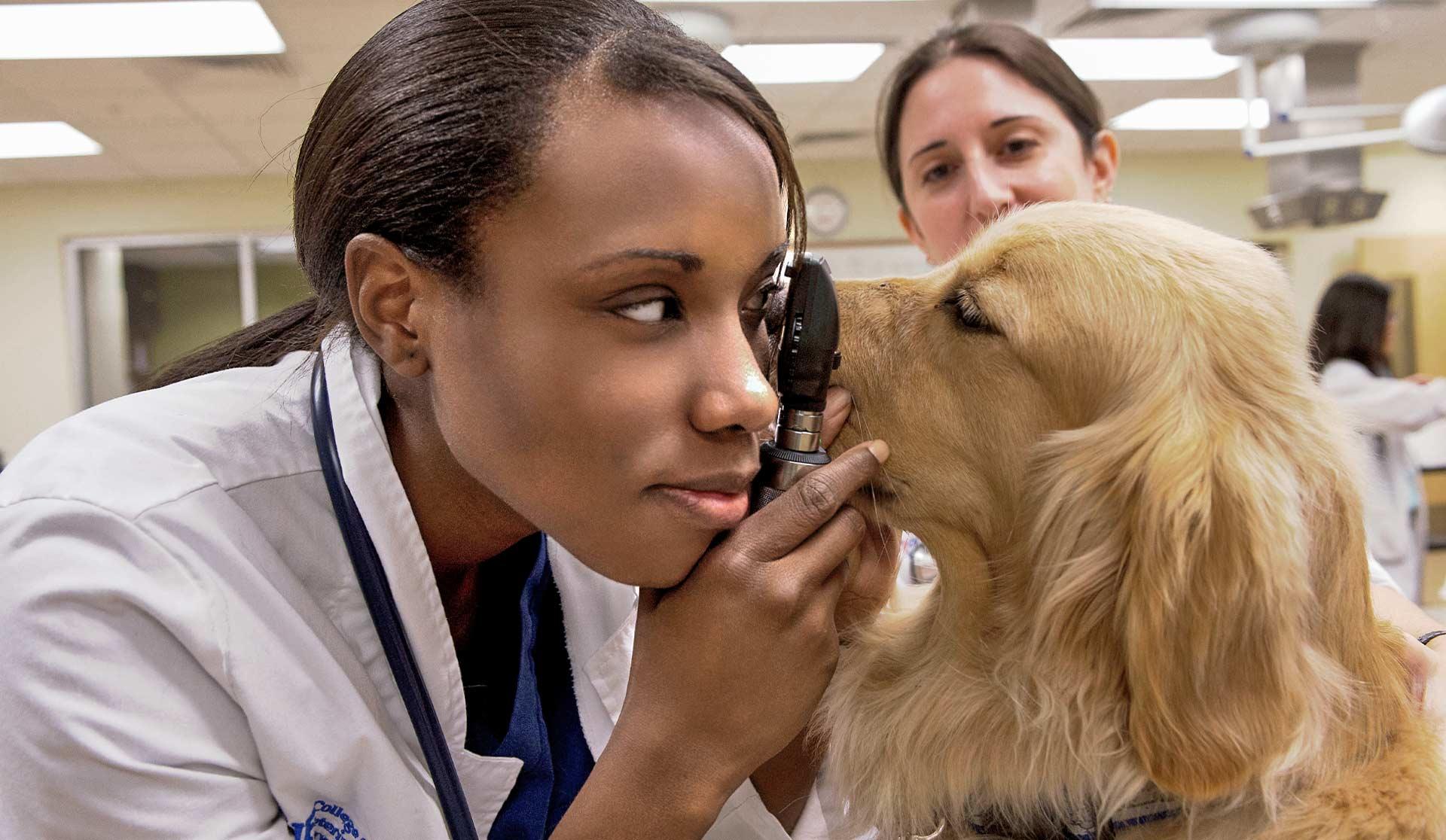What to Expect Throughout an Extensive Pet Health Checkup at Your Neighborhood Vet
What to Expect Throughout an Extensive Pet Health Checkup at Your Neighborhood Vet
Blog Article
Inoculation Standards From Your Relied On Vet
Vaccination guidelines offered by your trusted veterinarian play a crucial duty in safeguarding your animal's health and wellness and well-being. Core injections are fundamental for all animals, while non-core injections can be customized to environmental direct exposures and particular way of lives. Understanding the nuances of inoculation routines, which start as early as six to 8 weeks, is necessary for optimal defense. Furthermore, dealing with common mistaken beliefs surrounding vaccines can additionally boost pet owners' confidence in these safety nets. As we explore these crucial elements, it ends up being increasingly clear why routine appointments with your vet are essential for educated decision-making.

Value of Vaccinations
Inoculations play a pivotal duty in securing family pets against a series of avoidable conditions. By promoting the body immune system to identify and battle specific microorganisms, vaccinations considerably lower the incidence of transmittable conditions that can impact an animal's health and wellness and long life. Not just do inoculations protect private pets, however they also add to herd immunity, consequently minimizing the total occurrence of diseases in the pet dog population.
Timely inoculations assist to mitigate the spread of conditions such as rabies, parvovirus, and distemper, which can have serious consequences for both animals and humans. In addition, vaccinations are commonly a demand for boarding centers, brushing solutions, and pet dog parks, making them essential for those who wish to mingle their animals.

Core Vaccinations for Pets
While the specific inoculation demands of pet dogs can differ based on individual elements, core vaccinations are widely recommended to protect versus the most serious and typical diseases (Vet Enterprise). Core vaccinations are those considered crucial for all pets, no matter their way of living or geographic location, as they safeguard versus possibly deadly and very transmittable health problems
For pet dogs, the core vaccinations include those for canine distemper, parvovirus, adenovirus (liver disease), and rabies. Adenovirus can result in liver condition, while rabies is a zoonotic condition that postures a threat to both people and family pets.
In felines, core vaccines include feline panleukopenia, feline calicivirus, feline herpesvirus (rhinotracheitis), and rabies. Feline panleukopenia is a very contagious viral disease that affects the body immune system and intestinal tracts. Calicivirus and herpesvirus are major contributors to upper respiratory system infections in pet cats, while rabies continues to be a critical issue for public health and wellness.
Speak with your veterinarian to ensure your family pets get their core vaccinations on schedule.
Non-Core Vaccines Explained
Non-core vaccinations are customized to attend to certain risks linked with a pet dog's environment, direct exposure, and way of living to specific diseases. Unlike core vaccines, which are globally advised for all animals, non-core vaccines are taken into consideration based on private conditions. These injections are specifically essential for pets that might experience distinct virus because of their geographical location, traveling routines, or activities.
Instances of non-core vaccines consist of those for Bordetella bronchiseptica, which is linked to kennel coughing, and Lyme illness, brought on by ticks. Pet dogs that regularly interact with various other animals, such as those in boarding centers, canine parks, or brushing environments, might gain from Bordetella inoculation. In a similar way, if you stay in an area where Lyme illness prevails, vaccinating versus this condition can be a prudent selection for outdoor-loving canines.
Other Vet Enterprise non-core vaccines may include those for leptospirosis, canine influenza, and feline leukemia, relying on the particular risk elements existing. It is vital to have a detailed discussion with your vet concerning your animal's way of living and the potential requirement for these vaccines, making sure a customized vaccination method that finest shields your hairy pal.
Inoculation Schedule Summary

As family pets develop, it is very important to stick to the advised booster vaccinations. Veterinarian Enterprise. For adult pets, core injections are generally offered every one to 3 years, depending upon the specific vaccine and neighborhood guidelines. Non-core injections may be encouraged based on lifestyle factors and local disease occurrence, requiring a customized strategy
Regular veterinary check-ups are critical for updating vaccination routines. Your veterinarian can supply advice on one of the most appropriate immunizations for your animal, factoring in age, health and wellness condition, and environmental dangers. By staying positive and educated, pet dog owners can ensure their hairy companions get timely and efficient inoculations, thus guarding their health and wellness and health throughout their lives.
Common Myths About Vaccinations
Mistaken beliefs about animal vaccinations can bring about confusion see it here and unwillingness amongst animal owners regarding the immunization procedure. One prevalent misconception is that injections are unnecessary for indoor pets. While it holds true that interior family pets deal with lower risks, they are not completely immune to diseases, as pathogens can be introduced through numerous methods, consisting of human apparel and various other animals.
An additional mistaken belief Click This Link is that vaccinations can cause the diseases they aim to avoid. Actually, the majority of injections contain suspended or attenuated virus, which can not trigger disease in healthy and balanced animals. Some pet dog owners additionally believe that their pet dogs ought to not be vaccinated if they are currently healthy and balanced; nevertheless, vaccinations are a proactive action that assists avoid the beginning of disease.
Additionally, several animal owners are afraid that vaccinations will certainly lead to lasting wellness problems. The benefits of vaccination-- safeguarding animals from potentially lethal conditions-- much exceed the dangers.
Final Thought
In recap, adherence to vaccination guidelines is essential for guaranteeing the health and longevity of pet dogs. Resolving usual misconceptions surrounding inoculations better enhances the significance of informed decision-making in family pet care.
Not only do vaccinations protect private pets, yet they also add to herd immunity, consequently reducing the general frequency of illness in the pet dog population.
Misunderstandings concerning animal inoculations can lead to complication and unwillingness amongst animal owners concerning the booster shot procedure. While it's true that indoor pet dogs face lower dangers, they are not entirely immune to illness, as pathogens can be presented through different methods, including human garments and other animals.
Some animal owners likewise believe that their pet dogs need to not be vaccinated if they are currently healthy; nevertheless, inoculations are an aggressive measure that assists prevent the start of ailment.
The benefits of inoculation-- safeguarding family pets from possibly life-threatening conditions-- much surpass the risks.
Report this page